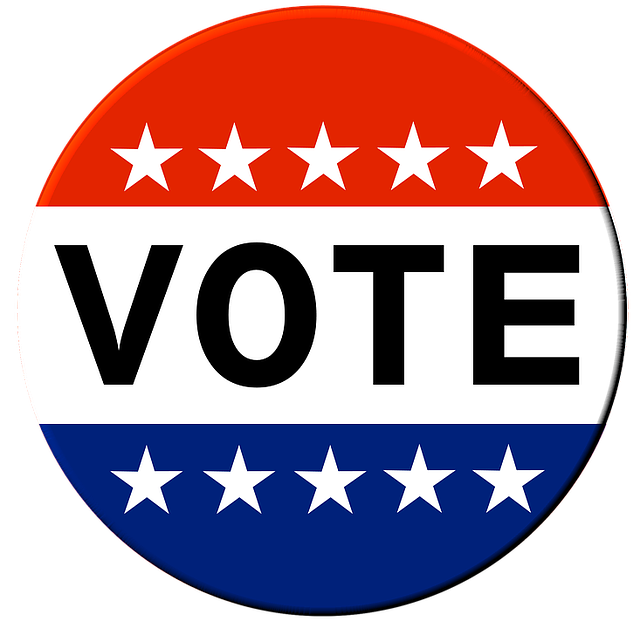By Jorge J. Lambrinos. This article originally appeared on the NHCOA blog.

The next election for President of the United States will happen on Tuesday, November 3, 2020. This will be a very important election for all Latinos. This is the day we will vote not only for the person that will lead our country but also for all those other officials at the Federal and local levels that will decide on the programs and services like Social Security, Medicare/Medicaid, social services, healthcare, housing and so many other programs important to older persons in this country.
Every person eligible to vote needs to get out on vote on November 3, but more importantly, Latinos need to vote more than ever before. Latinos have the numbers and the power to decide many elections, and we need to exert that power now. We no longer can say I am too busy, or my vote won’t make a difference. Our future and the future of our children and grandchildren is at stake. Your ONE vote will make a difference.
Benefits for programs like Social Security and Medicare are in danger of being cut, as are cut to our schools that benefit our grandchildren. Latinos have the power – YOU have the power to stop these cuts from happening.
¡Si se Puede! There are 23 million Latinos eligible to vote but only 15 million have registered. We need to stop making excuses. If we all register and vote we can protect those programs and services that are so important to our community. We can also show politicians that we are a community they need to pay attention to and to stop calling us criminals and rapists.
We need to vote on November 3 and encourage our children to vote also. If you have a neighbor that cannot get to their polling place, offer them a ride or help get them an absentee ballot. Don’t let someone else decide our future. We need to stand-up and make our voices heard loud and clear.
The opinions expressed in this article are those of the author and do not necessarily reflect those of the Diverse Elders Coalition.
